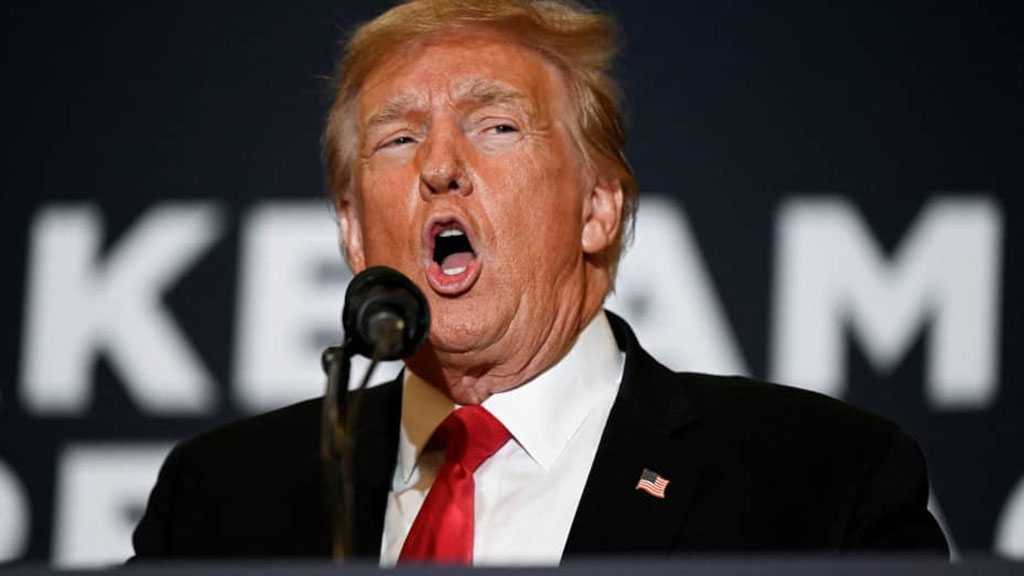
CIA Stops Spying on Friendly Nations in W Europe

Local Editor
Stung by the backlash over a German caught selling secrets to the US and the revelations of surveillance by the National Security Agency, the CIA has stopped spying on friendly governments in Western Europe, according to current and former US officials.
 The pause in decades of espionage was designed to give CIA officers time to examine whether they were being careful enough and to evaluate whether spying on allies is worth running the risk of discovery, said a US official who has been briefed on the situation.
The pause in decades of espionage was designed to give CIA officers time to examine whether they were being careful enough and to evaluate whether spying on allies is worth running the risk of discovery, said a US official who has been briefed on the situation.
Under the stand-down order, case officers in Europe largely have been forbidden from undertaking "unilateral operations" such as meeting with sources they have recruited within allied governments. Such clandestine meetings are the bedrock of spying.
CIA officers are still allowed to meet with their counterparts in the host country's intelligence service and conduct joint operations with host country services. Recently, unilateral operations targeting third country nationals - Russians in France, for example - were restarted. But meetings with independent sources in the host country remain on hold, as do new recruitments.
The CIA declined to comment.
James Clapper, the director of national intelligence, said during a public event Thursday that the US is assuming more risk because it has stopped spying on "specific targets," though he didn't spell out details.
Spying stand-downs are common after an operation is compromised, but "never this long or this deep," said a former CIA official, who, like others interviewed for this article, spoke on condition of anonymity because it's illegal to discuss classified material or activities. The pause, which has been in effect for about two months, was ordered by senior CIA officials through secret cables.
The pullback comes at an inopportune time, with the US worried about monitoring European extremists who have fought in Syria, Europe's response to Russian aggression and European hostility to American technology companies following revelations the companies turned over data to the NSA. While the US cooperates closely with Europe against terrorism, spying can help American officials understand what their allies are planning and thinking, whether about counterterrorism or trade talks.
The current stand-down was part of the fallout from the July 2 arrest of a 31-year-old employee of the German intelligence service. Suspected of spying for Russia, he told authorities he passed 218 German intelligence documents to the CIA.
In a second case, authorities searched the home and office of a German defense official suspected of spying for the US, but he denied doing so, and no charges have been filed against him.
A few days later, Germany asked the CIA station chief in Berlin to leave the country, an unprecedented demand from a US ally. The move demonstrated how seriously the Germans were taking the situation, having already been stung by revelations made by Edward Snowden, a former NSA systems administrator, that the agency had tapped German Chancellor Angela Merkel's mobile phone.
The NSA disclosure infuriated Merkel, who demanded explanations from President Barack Obama. It embarrassed both world leaders and has left many Germans skeptical about cooperating with the US.
Source: News Agencies, Edited by website team
Comments



